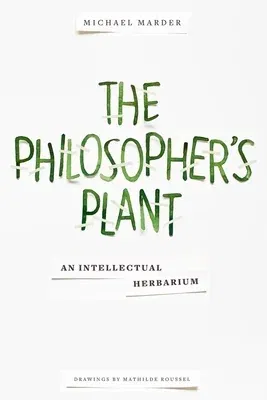Michael Marder
(Author)The Philosopher's Plant: An Intellectual HerbariumPaperback, 11 November 2014

Qty
1
Turbo
Ships in 2 - 3 days
Only 1 left
Free Delivery
Cash on Delivery
15 Days
Free Returns
Secure Checkout

Print Length
288 pages
Language
English
Publisher
Columbia University Press
Date Published
11 Nov 2014
ISBN-10
0231169035
ISBN-13
9780231169035
Description
Product Details
Author:
Book Format:
Paperback
Country of Origin:
US
Date Published:
11 November 2014
Dimensions:
23.11 x
15.29 x
1.35 cm
Illustrator:
ISBN-10:
0231169035
ISBN-13:
9780231169035
Language:
English
Location:
New York
Pages:
288
Publisher:
Weight:
381.02 gm